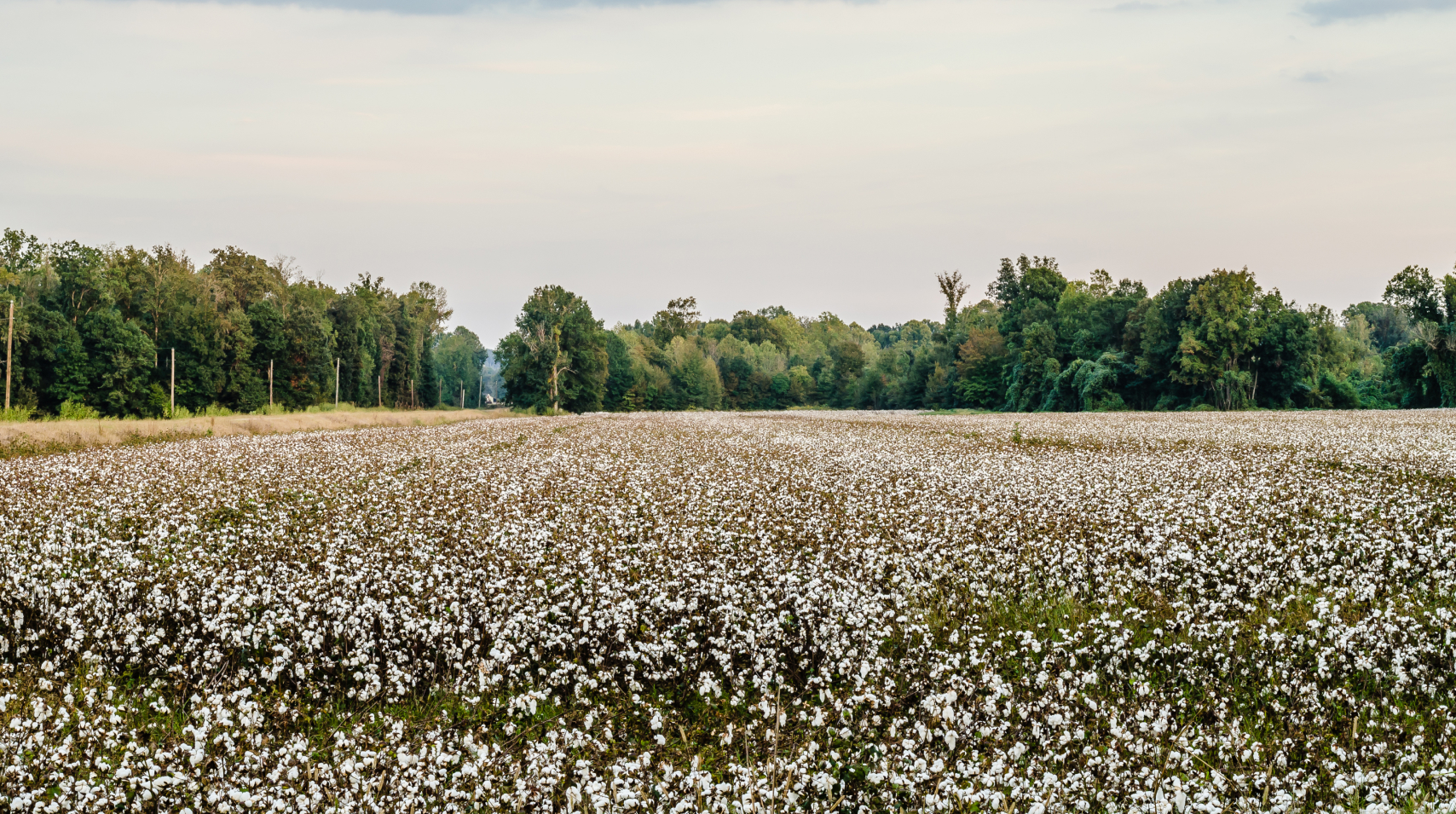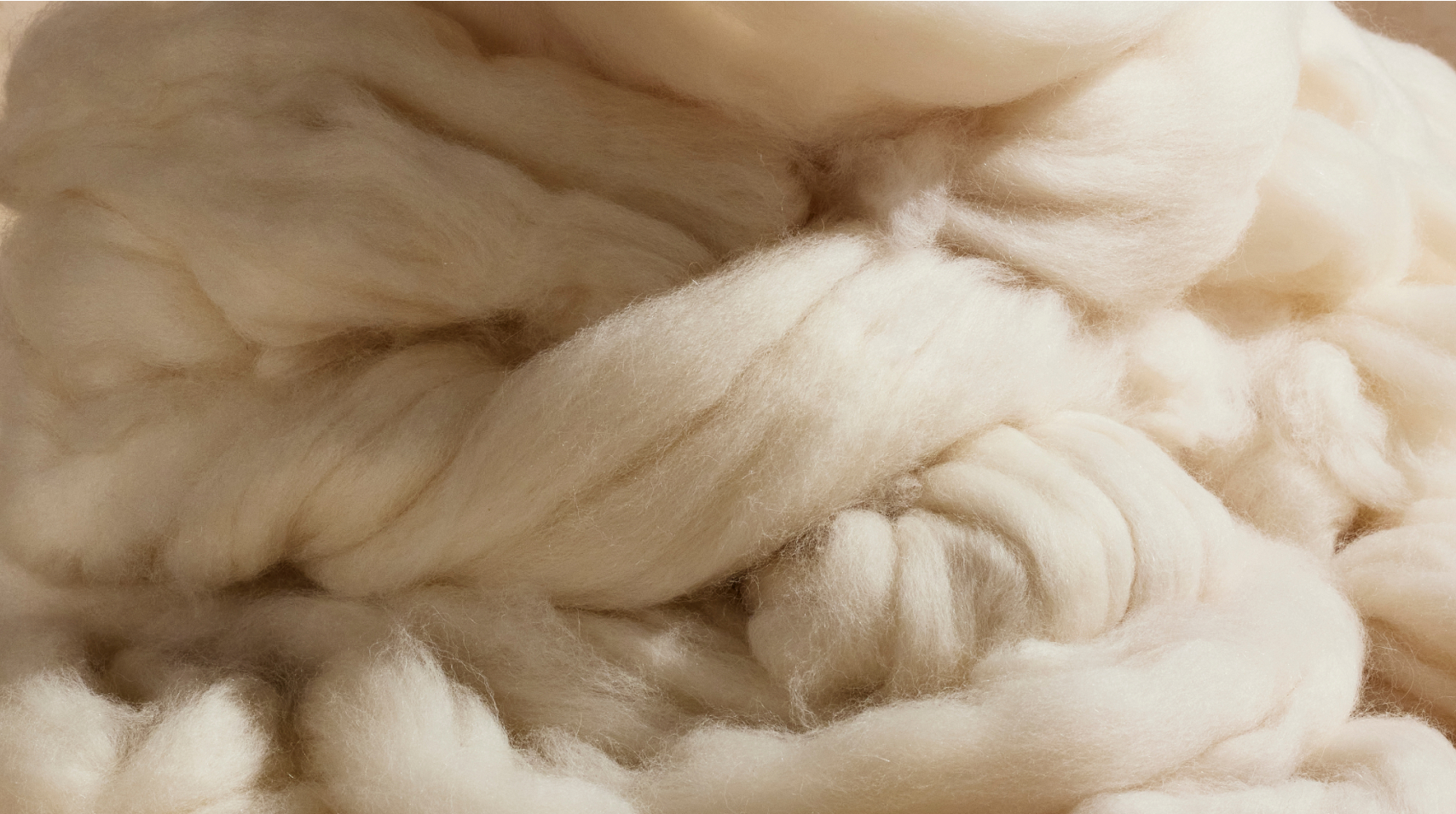Both organic and Egyptian cotton are said to be some of the finest, softest cottons available on the market. However, most consumers don’t know that the terms “organic” and “Egyptian” mean different things in terms of a product’s origin, traceability, and labeling.
We’ll discuss the key differences between organic and Egyptian cotton so you can make a more informed decision when buying bedding.

What Is Egyptian Cotton?
Egyptian cotton is fine cotton that was initially grown in Egypt. Cotton grown in the rich soil of the Nile River delta is known for its long staple length, which gives it an extra lush and soft feel.
Egypt, as a country, is not a top 10 producer of cotton, which means that real Egyptian cotton is more difficult to come by. This scarcity makes Egyptian cotton even more desirable.
Why “Egyptian Cotton” Can Be Misleading
While Egyptian cotton originally referred to cotton specifically grown and made in Egypt, that’s no longer the case. Today, there is little regulation and traceability around the term “Egyptian cotton.”
Companies can claim that their bedding is made with Egyptian cotton even if it was made in a different country altogether—so long as it was made in a climate that produces cotton with a similar staple length. Likewise, any cotton that was made in Egypt can be coined “Egyptian cotton” even if it’s genetically different from traditional Egyptian cotton.
As a term, “Egyptian cotton” does not have any regulated or legalized quality standards associated with it. This means that companies can blend synthetic or harmful materials with Egyptian cotton, and still market it as Egyptian cotton. You might also see Egyptian cotton being marketed as a luxurious fabric for having a high thread count, but unfortunately, a high thread count does not necessarily mean it will be of high quality.

What Is Organic Cotton?
Organic cotton is cotton that’s made without harmful pesticides, fertilizers, or genetic modifications. Organic cotton farmers must also use ethical and sustainable farming techniques in order to legally label their cotton as “organic.”
There are also many third-party certifications that can help you determine whether or not a certain cotton is organic or made without harsh chemicals. The GOTS and OEKO-TEX certifications, for example, give you the reassurance that your cotton is safe for sound sleeping for years to come.
Egyptian Cotton Vs. Organic Cotton: Which To Choose?
Since Egyptian cotton can also be considered organic, the good news is that you don’t have to compromise between the two. Organic cotton, however, has much stricter regulations surrounding it. Without the “organic” label, it’s difficult to know what Egyptian cotton is truly made of, and how ethically and sustainably it was made.
When looking for new sheets, the quality of the material should be a top priority—as should the absence of harmful chemicals and pollutants. To make your search easier, we recommend looking for sheets that are certified organic. Check for bedding that’s clearly earned well-known certifications like GOTS and OEKO-TEX, which guarantee that it was safely and ethically made to the highest standards with organic materials.
